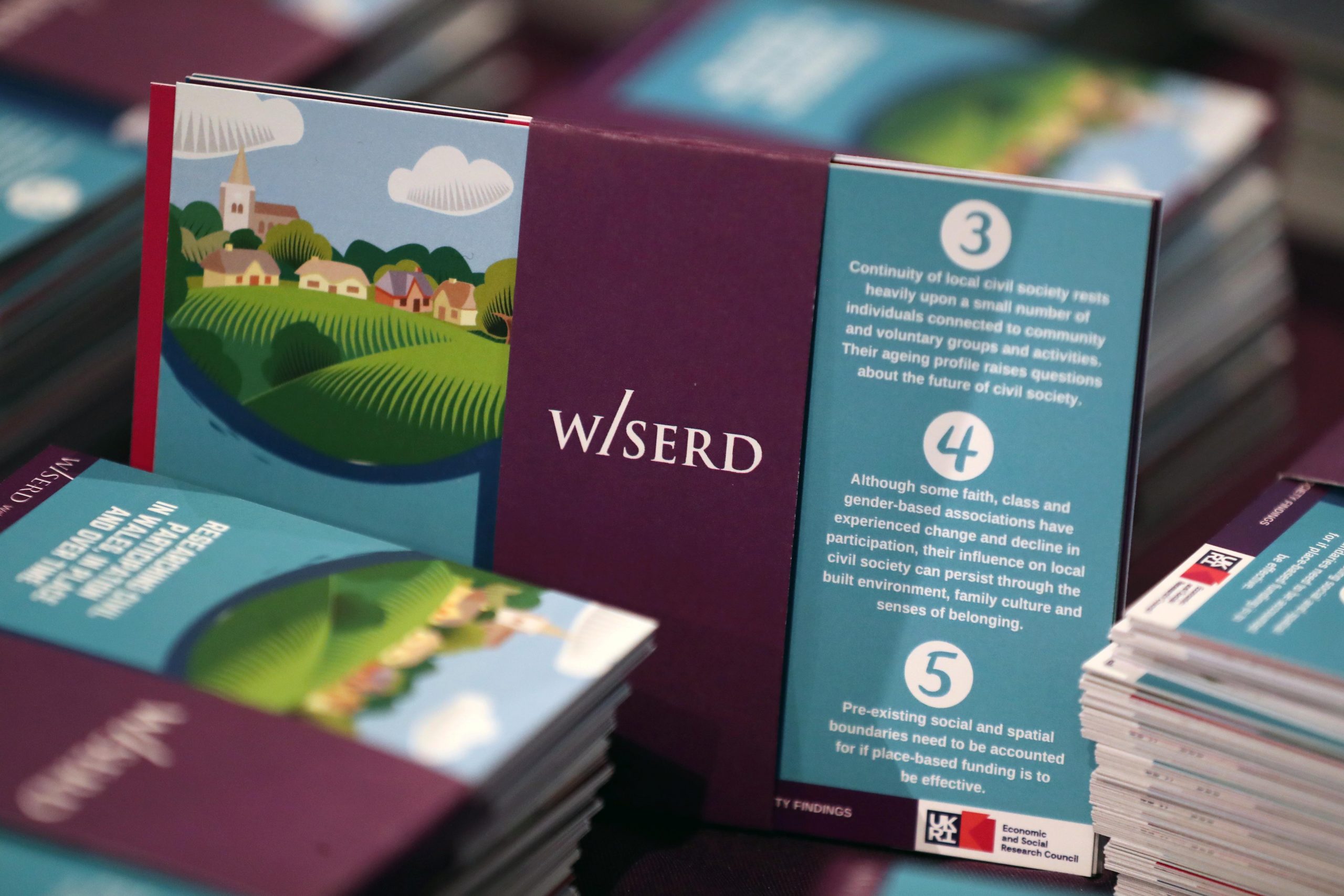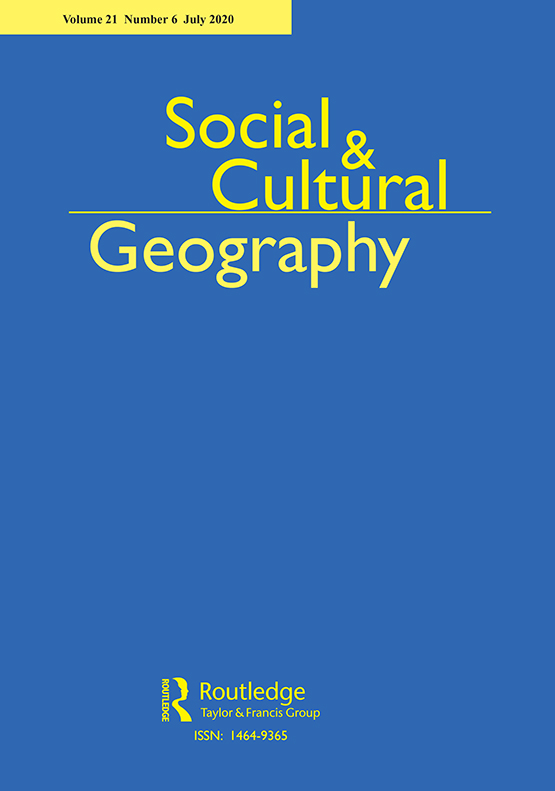Mae'r cynnwys hwn ar gael yn Saesneg yn unig.
Overview
This project will explore how imaginaries and practices of local civil society have been stretched and reconfigured by global interconnectivities, including both the reorientation of local civil society activities around global issues and concerns, and participation in local civil society by individuals outside the locality, for instance through social media. The research will focus on three case studies in Mumbles, Splott and Welshpool, and will involve mapping the networks and scope of local civil society groups, followed by a interviews and focus groups to explore individuals’ motivations for and experiences of participation in local civil society and engagement with global issues.
The team will conduct 30 interviews and 6 focus groups. The project will involve the collation and analysis of primarily qualitative data through empirical case study research in three localities selected to represent different geographical settings and dynamics of global connectivity. The three case studies have been provisionally identified as: Splott, Cardiff; Mumbles, Swansea; and Welshpool. Powys. This case study will be shared with Theme 1 WP 3.
The first phase of the research will involve scoping and mapping local civil society groups and organizations active in each locality (including city-wide organizations for urban neighbourhoods. In the second stage of the research, a sample of organizations in each locality will be selected as case studies for further examination. This will involve interviews with group leaders and key members, a questionnaire survey of members, and participant observation at meetings and activities. The third stage of the research will involve 2 focus groups in each of the three case study locations.
Research Questions
- How do individuals construct and understand notions of belonging, neighbourliness and responsibility in relation to local and global scales?
- How are perceptions of belonging and responsibility translated into active participation in civil society at local and global scales?
- To What extent has the organizational structure of local civil society shifted in its focus from local towards global issues and goals? How far is participation in different civil society groups differentiated by factors such as age, class, religion and ethnicity?
- To What extent has the engagement of local civil society with global responsibilities been mediated through bilateral relations between places, for example town-twinning, project sponsorship or ties between churches or schools?
- Are individuals not normally resident in the locality (e.g. former residents, individuals working or studying D15away from home, occasional visitors) active in local civil society activity? How is this done – What role, for example, is played by technologies such as e-mail and Skype, or online social networks? are local residents active in the local civil society activities of communities elsewhere?
- To What extent do patterns of participation in local and global civil society, and the engagement of local civil society with global issues, vary between localities and How is this influenced by factors such as geographical location, class and ethnic composition?
Outputs
- Four articles to be submitted to international peer reviewed journals, provisionally including Transactions of the Institute of British Geographers, Environment and Planning A, Political Geography and Urban Studies
- Presentations to national and international conferences, including the annual conference of the Royal Geographical Society (with the Institute of British Geographers) and the WISERD annual conference
- policy briefing paper
- Articles in community and voluntary sector periodicals (e.g. Clearway, Third Sector)
- An e-mail newsletter, and podcasts
- Feedback events will additionally be organized in each of the case study localities







